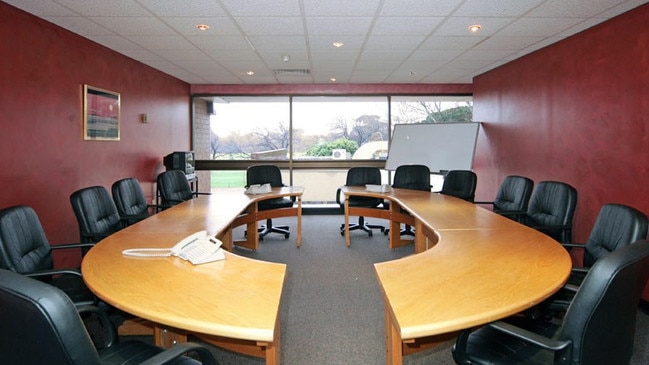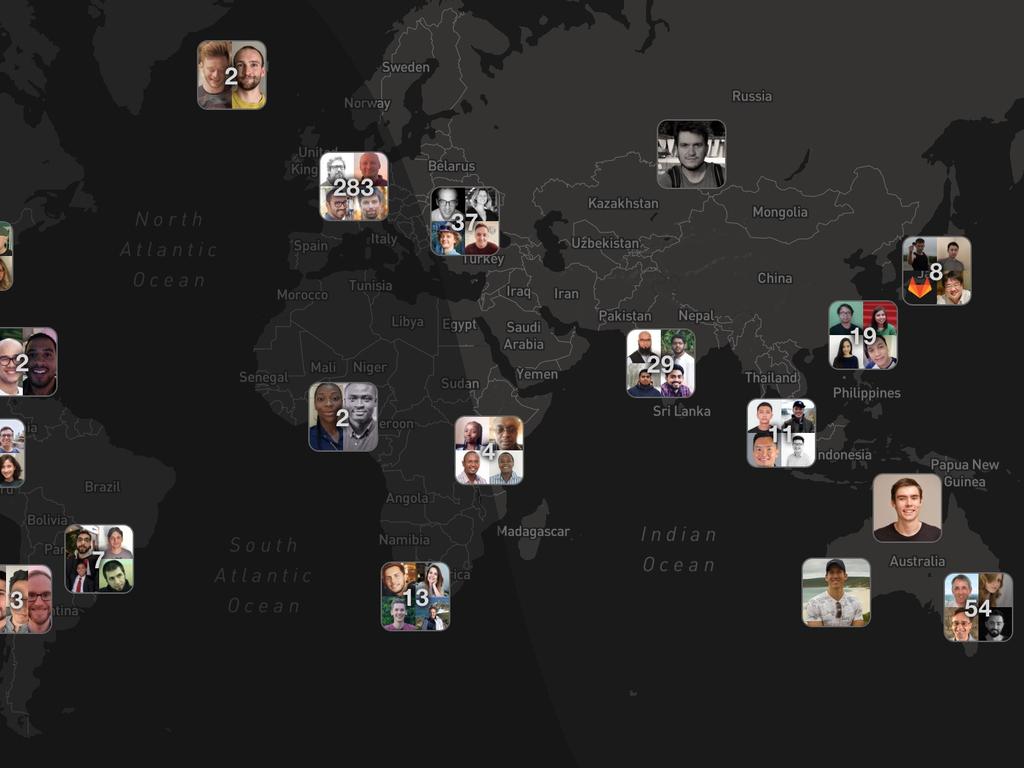Board recruiters shift focus to ASX 300 in push to lift diversity
It’s natural to play safe in a crisis but boards need to keep focused on getting the mix right.

Recruitment firm Heidrick & Struggles has spread its focus to the ASX 300 as the push to get more women on boards moves beyond the traditional focus on the top 200 companies.
The number of women on boards in the ASX 200 passed the magical number of 30 per cent late last year and now sits at 31.3 per cent at the end of July.
The number for the top 300 drops to 29.3 per cent, according to the Australian Institute of Company Directors. The problem is that the firms that sit between 201 and 300 have a much lower figure with only 22 per cent of women on boards, according to a recent KPMG report.
For Michelle Dunne, a Sydney-based partner at Heidrick & Struggles, the case for diversity still has to be argued in the nation’s top 200 companies, where there is still one company without a woman on the board, but there is “a lot of work to do in the ASX 300”.
She says the firm pushes the 40-40-20 mix — 40 per cent male, 40 per cent female, with the final 20 per cent male or female — as this is seen as more achievable than a hard and fast approach for a 50-50 composition of directors. A total of 14 boards between ASX 201 and 300 still do not have any female directors.
Dunne says there is a risk during COVID-19 that companies will move to appoint people of “perceived” leadership and capacity.
“We’re not seeing it yet but it is a risk,” she says. “When a company is in crisis one of the results is that you go to a known entity, which is more likely to be an experienced man.”
She says in the diversity and inclusion debate in Australia, the focus is predominantly about women, in part because it is easier for companies to “move the dial” with their appointments. During the past three years the conversation has shifted and broadened to include LGBTQI and race as part of the diversity push, but Dunne says there is not a strong focus on Asian Australians.
She says efforts to appoint Indigenous people are difficult because of the lack of a pipeline of candidates. It’s a well-known problem for women too, of course.
Dunne says childcare is essential if women are to navigate the challenges of caring for children and remaining in the workforce at an appropriate level.
Flexible work also is needed to ensure the retention of talented women during the early parts of their careers.






To join the conversation, please log in. Don't have an account? Register
Join the conversation, you are commenting as Logout